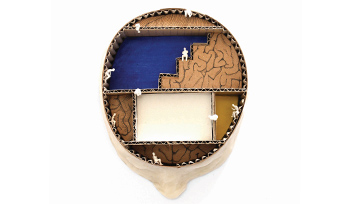Submitted by Denitsa on
United States
Title:
Pollock v. Pollock
Court:
United States 6th Circuit Court of Appeals (a federal appeals court)
Citation:
154 F.3d 601 (6th Cir. 1998).
Date:
1 September 1998
Instruments Cited:
Crime Control and Safe Streets Act of 1968, 18 U.S.C. §§2510-2521 (US federal wiretapping statute)
Case Summary:
Background:
Sandra Pollock tape-recorded telephone conversations between her daughter Courtney, who was 14 years old, and the daughter’s father and stepmother because she was concerned that the girl was being emotionally abused by her father. The mother stated that she noticed a change in her daughter’s behavior and that she believed that the father was putting their daughter under pressure which was detrimental to the child’s health.
Courtney’s father and stepmother sued her mother alleging a violation of the federal wiretapping statute.
Issue and resolution:
Right to Privacy. The issue was whether a parent may vicariously consent to recording a telephone conversation on behalf of a minor child in that parent’s custody, without the actual consent of the child. The court held that a parent may vicariously consent on behalf of the child to the recording of child’s telephone conversations so long as the parent has a good faith belief that the eavesdropping is in the child’s best interest.
Court Reasoning:
The Court, after reviewing a large number of prior cases dealing with this topic, concluded that regardless the exact age of the child (as long as the child is considered a minor) a parent is allowed to vicariously consent on behalf of their child to the taping of telephone conversations. The Court stressed that in order for the parents to consent, they must demonstrate a good faith, objectively reasonable basis for believing that the consent was necessary to protect the welfare of the child. This is especially so in cases of suspicions of verbal, emotional or sexual abuse in order to protect the child from harm. However, the Court emphasised that its ruling should not be interpreted overbroadly to allow the recording of a child simply because the parent claimed that it was done in the child’s best interest.
Link to Full Judgment:
http://openjurist.org/154/f3d/601/pollock-v-t-pollock-h-c
This case summary is provided by the Child Rights International Network for educational and informational purposes only and should not be construed as legal advice.

